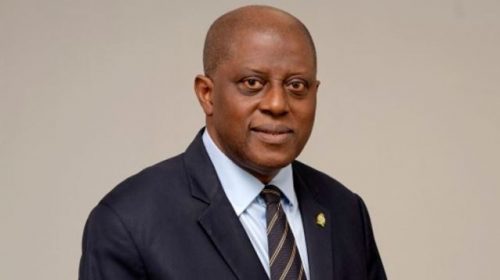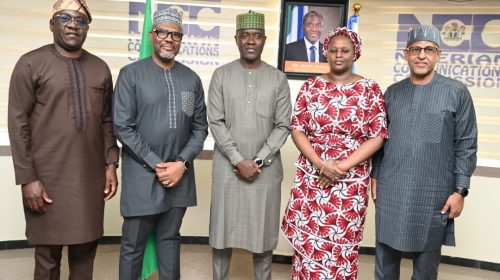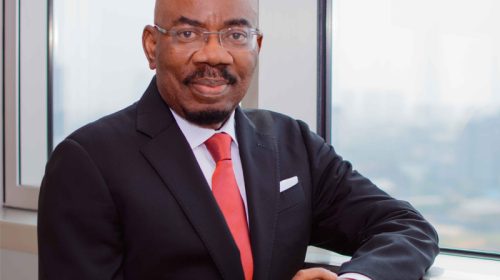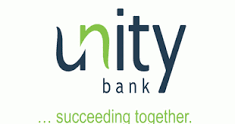Heritage Bank partners Vanguard Media to drive inclusive economic growth

Heritage Bank Limited, Nigeria’s most innovative banking service provider, has partnered with Vanguard Media to organise the 2019 edition of its economic discourse in a bid to achieve inclusive economic development in the country.
The theme of the discourse is Human Capital Index versus Economic Growth, Nigeria’s policy options.
The discourse was informed by the recent World Bank Group ranking of Nigeria 152 out of 157 countries on its first-ever Human Capital Index. Also, the Brookings Institution said Nigeria had overtaken India as the nation with the highest number of extremely poor people. The report showed that about 87 million Nigerians are in extreme poverty, with six Nigerians falling into extreme poverty every minute.
Data from National Bureau of Statistics, NBS, showed that the number of unemployed Nigerians rose by 3.3 million or 19 per cent to 20.9 million in third quarter of 2018 (Q3’18) from 17.6 million in third quarter of 2017 (Q3’17).
The discourse was therefore organised for economic experts to proffer solutions to the problems confronting the economy such that government would be able align the nation’s economic with that of human capital development.
Managing Director/Chief Executive Officer of Heritage Bank, Mr. Ifie Sekibo said they decided to partner with the organisers to achieve inclusive growth in the economy.
Sekibo who was also one of the discussants at the event noted that there was need to deal with the energy problem confronting the country because it accounted for about 35 percent of overheads of banks.
He also said the minimum wage would increase liquidity and money supply and lead to inflation, a development which will make the Central Bank of Nigeria to mop up the excess money through Open Money Operation (OMO).
Also speaking as a discussant, Director-General of Lagos Chamber of Commerce and Industry (LCCI) said because of inadequate resources available to the Federal Government to adequately fund human capital development vis-à-vis economic development, government should grant complete tax holiday to private operators in the educational and health sectors to enable them to complement the efforts of government.
He observed that there was need to grow investments in a bid to grow revenue.
Also contributing, Mr. Doyin Salami, an economist and former member of the Monetary Policy Committee of the CBN noted that there was need for inclusive government for human capital to grow in tandem with economic development.
He also said there was need to set target like other developed economies such as China and focused on achieving it, remarking that because there is capital deficiency in the economy, there is need to encourage the private sector to invest in the economy.
Earlier in his keynote address, Mr. Fola Adeola, former Managing Director/ Chief Executive Officer of Guaranty Trust Bank, had identified 12 giant evils plaguing the Nigerian economy. They include hunger, disease, voidness, illiteracy, corruption, aimlessness, ignorance, visionless, directionless, crookedness, insecurity as well fear of exploitation.
He said there was need to systematically and comprehensively deal with those evils for the inclusive growth of human capital and economic development.







Leave a Reply